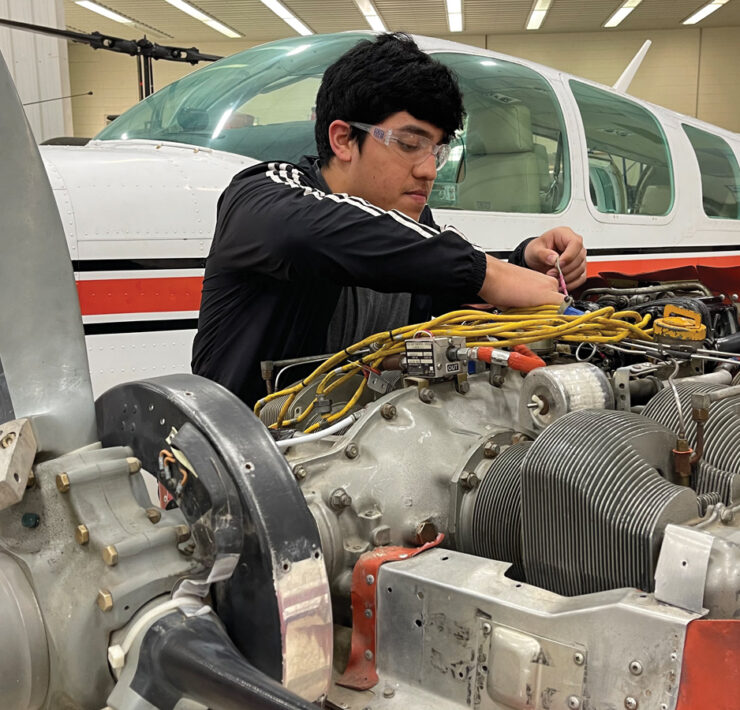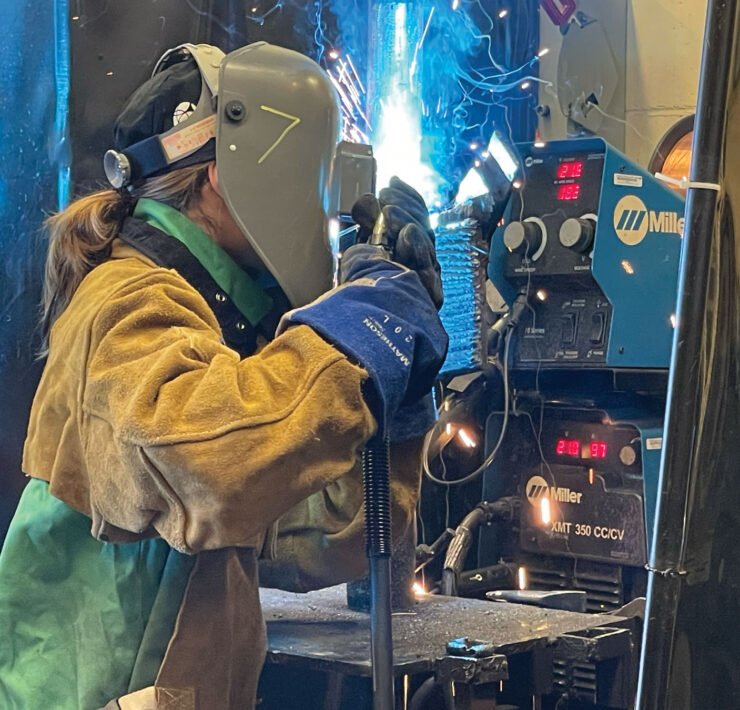Columbia Area Career Center Guides High Schoolers
- photos by Anthony Jinson
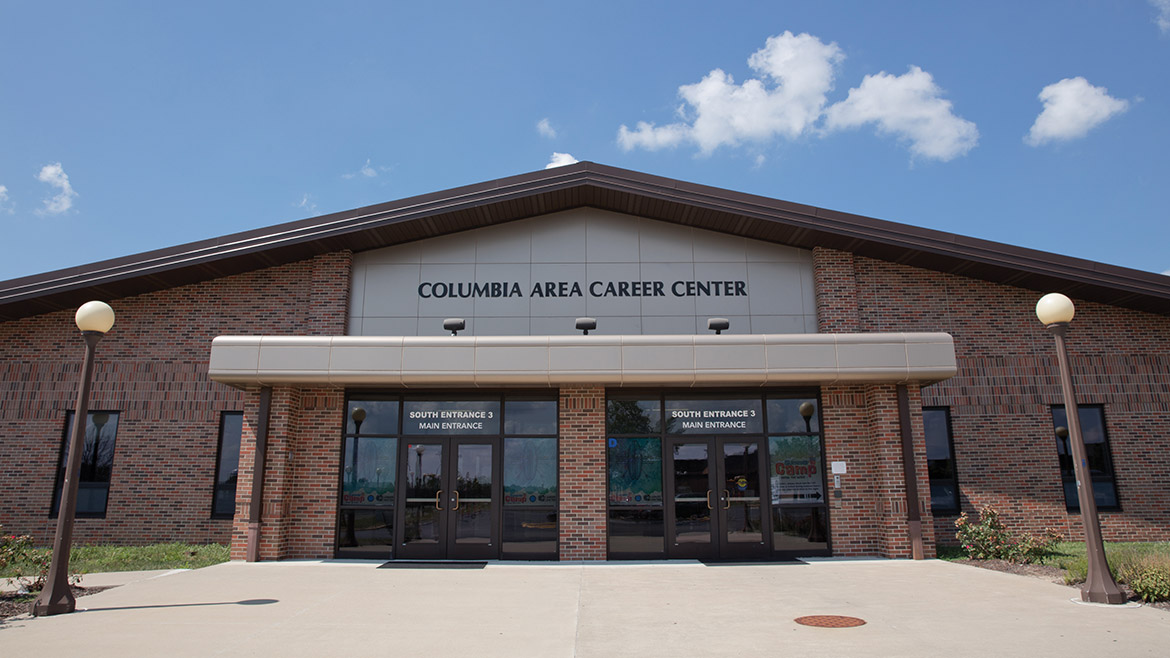
The Columbia Area Career Center serves over 2,300 high school students at Battle, Hickman, and Rock Bridge high schools. Dr. Brandon Russell, interim director of career technical and adult education at CACC, explains why it’s important for the career center to pour into these students. “The whole idea is to give [students] a pathway to a career they’re interested in,” he says.
The 2018-19 school year theme at CACC is “I Can!” Students from the three high schools have the opportunity to choose courses from a wide variety of career-centered programs, including engineering and industrial technology; art and communication; business, management and technology; natural resources agriculture; human services; and health services.
The programs are free for students unless they aren’t from Columbia, or if they want to be involved in a student organization that has membership fees. Even then, there are ways for the fees to be covered, says Russell.
Classes can earn students dual credit with eight university partners. There are currently 58 dual credit opportunities and 290 students earning around 870 total credits.
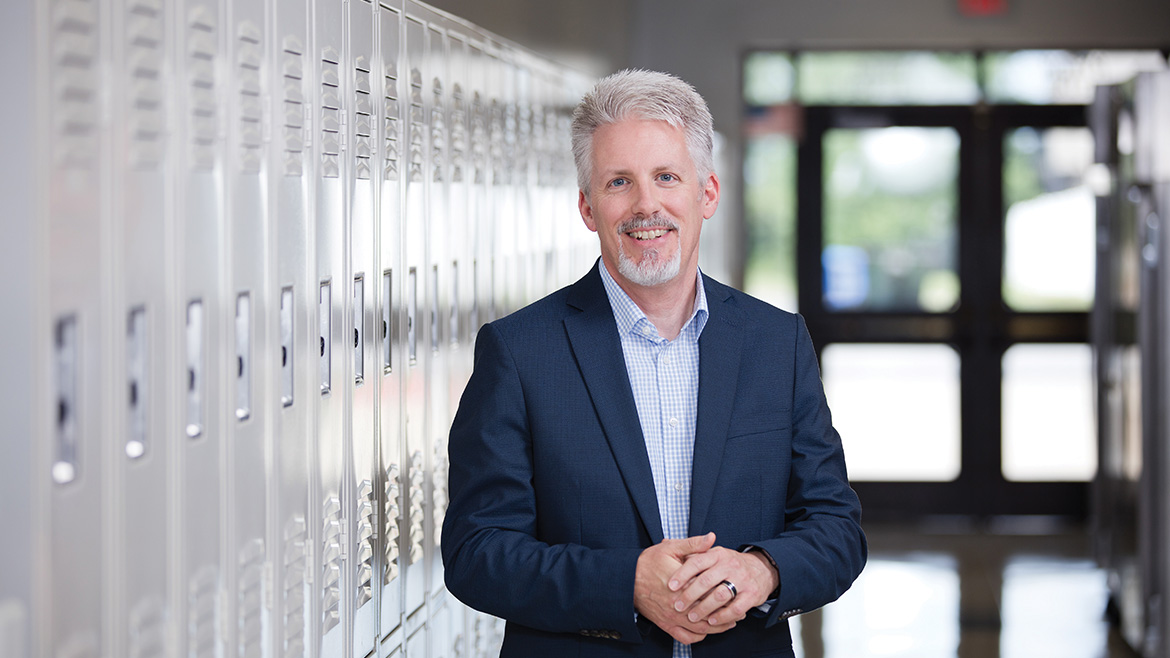
Dual Credit Partners
Central Methodist University
Columbia College
Missouri State University
Missouri University of Science
and Technology
Moberly Area Community College
State Technical College of Missouri
Stephens College
University of Central Missouri
University of Missouri – Kansas City
University of Missouri – St. Louis
More than Learning
The center has three unique approaches to teaching students: experimental learning, emphasis on workplace expectations, and student organizations, says Russell.
There are six organizations that students can participate in to further their careers, including Future Farmers of America, DECA, Future Business Leaders of America, Health Occupation Students of America, Educators Rising, and their largest student organization, SkillsUSA.
Each year, students can participate in regional, statewide, or national competitions with their student organizations. “Not everyone has to compete,” Russell says. “It’s not about competition. Not every student is motivated by competition, but it’s about bringing in community service, fundraising, and other professional development.” Students also get an opportunity to network and build a professional portfolio through the events.
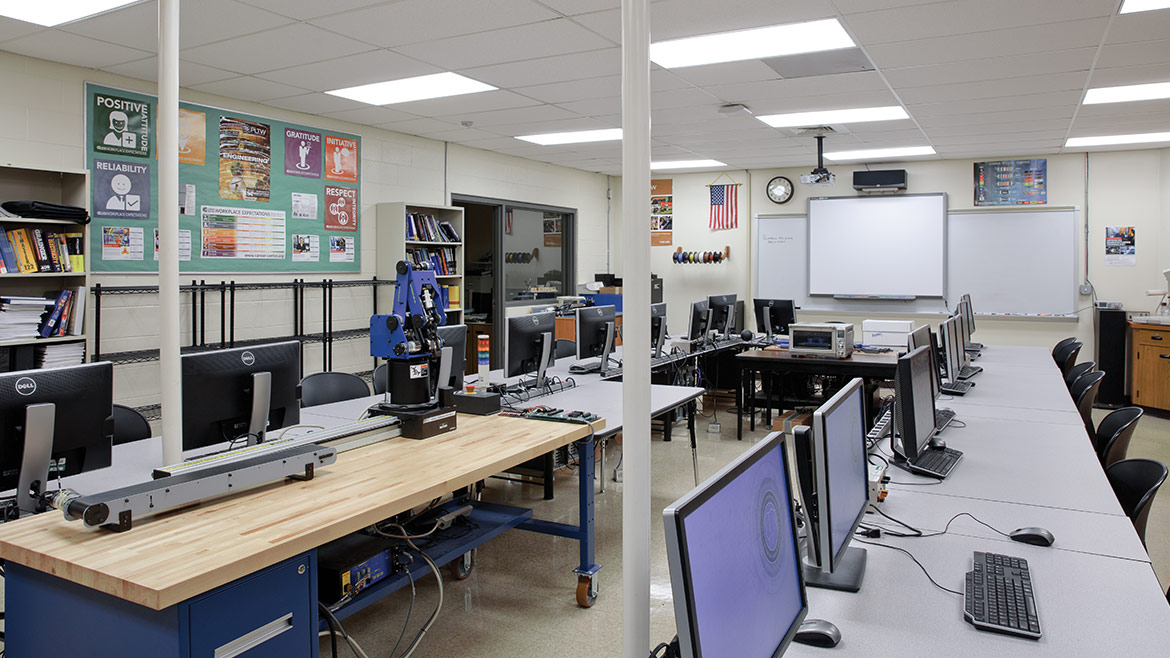
Russell emphasizes how the career center does more than just teach students about a certain profession. They also give students real world experiences and advice that they can use throughout their careers.
A large part of the advice the career center provides comes from workplace expectations. Students can receive a brochure that outlines six key ways to ensure a student will be a “highly sought out candidate,” for example. The brochure encourages students to be positive, on time, prepared, valuable, honest, and friendly. “Preparing today’s learners for tomorrow’s careers,” Russell says. “That’s our motto.”
A Community Partnership
The career center serves as a place for students to get exposure to what they aspire to be when they enter the workforce.
Although the career center’s programs can be a jump start on their careers, as Russell puts it, they also help students discover if a certain path isn’t right for them. Students have the chance to go into classes associated with a certain profession and really learn if that is the right career choice before investing in an associate or bachelor’s degree.
“It’s not always about giving students the confirmation they’re headed in the right direction, but also about making the decision that it’s not right for them,” Russell says.
Students get the opportunity to pursue a career early, and that also supports the community by creating a quality workforce. The students are going to be passionate about their career choice before they even start their careers. That mutually beneficial relationship between the career center, students, and employers in Columbia will only serve the city’s growth.
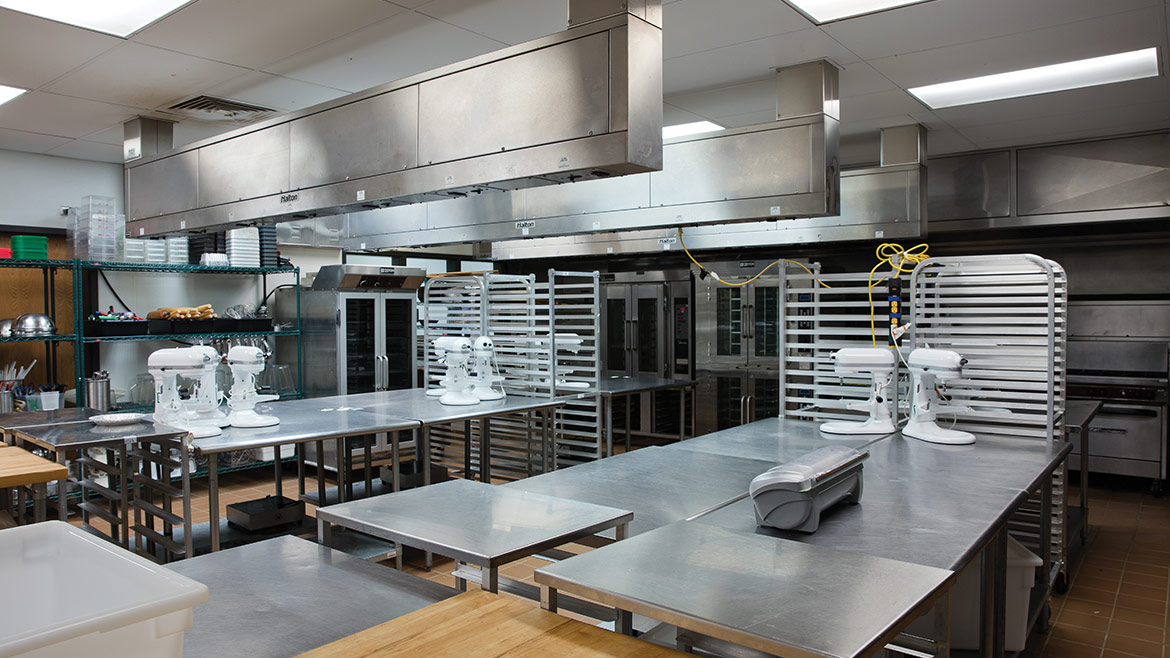
An important part of the career center is having the partnerships with businesses to continue to grow the relationships. “We need to continue building partnerships,” Russell says. “That way we can sit with experts about what we’re doing in the classroom, what the new trends are, and so on.”
When there are partnerships available, there’s a chance for guest speakers, field trip opportunities, real world problem-based learning, job shadowing, and serving on the advisory committee and giving feedback, Russell says.
The partnerships can also help the career center teach students to become the best work-ready people possible. “The most important intent is to find ways to make connections to improve the experience of students,” Russell says. “We’re always looking for ways to make connections with businesses and industries at all levels.”
For students who are debating enrolling into one of the high school programs, Russell encourages students to give it a try. A lot of students who decide to take that plunge usually stick with the program.
Russell often hears students say, “I just like it here better.” They like the experience, culture, and climate. “Every student asks ‘why?’ and we answer that question: Why do we do this day in and day out?” Russell says. “Give it a try.”



